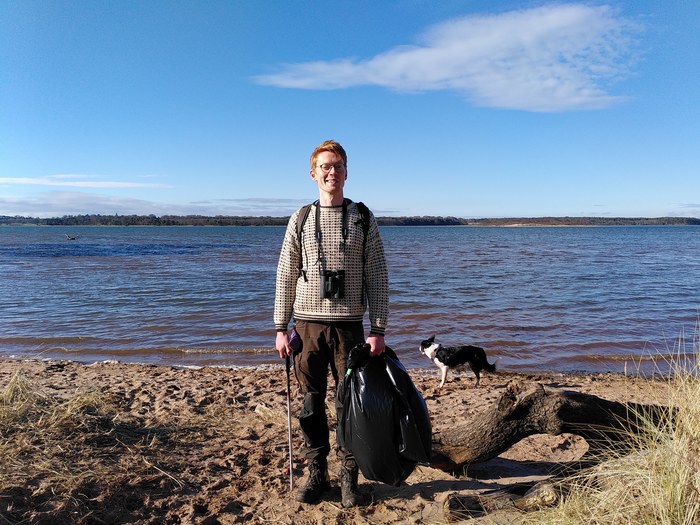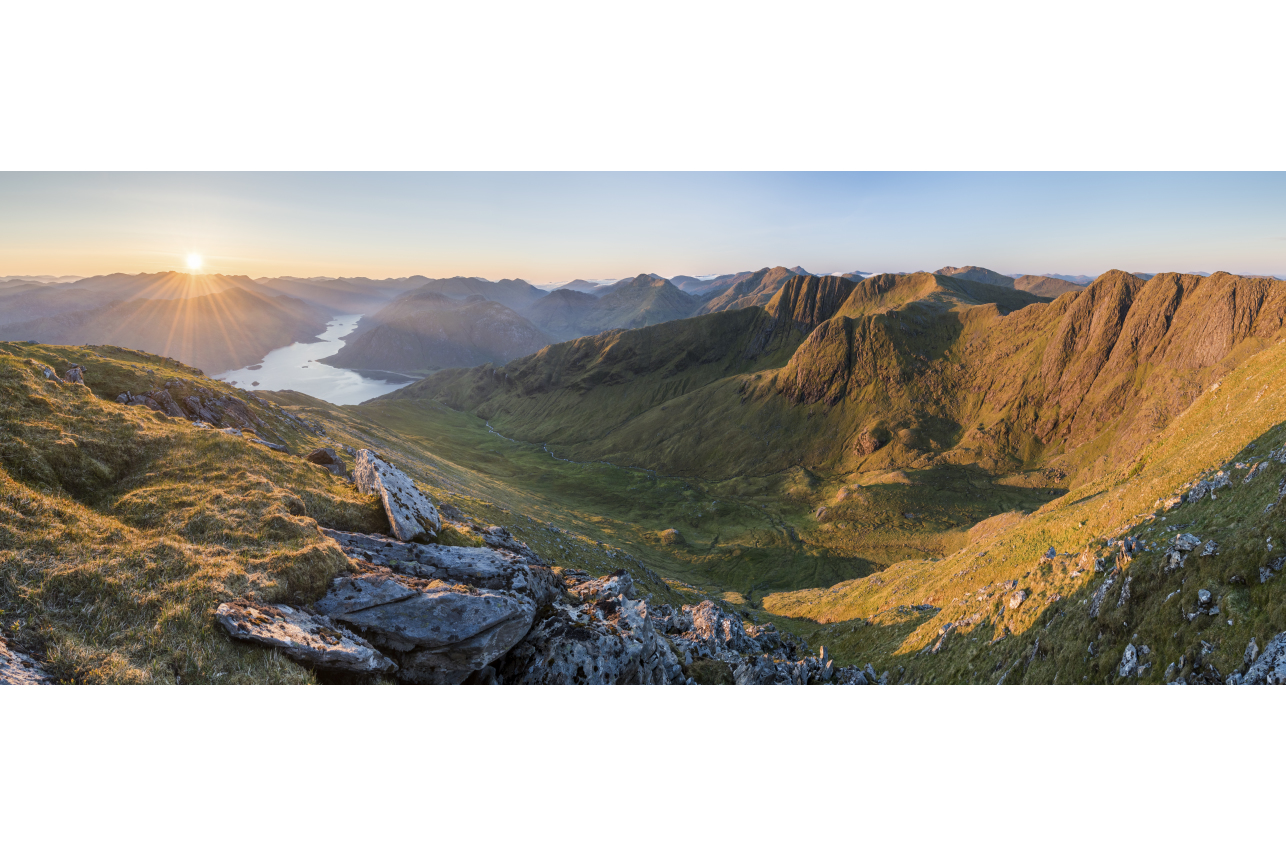Journey for Wildness: Anders Jespersen
Picking up litter is one of the simplest ways to make a big positive impact on nature, as Anders Jespersen is discovering on his journey
Who are you?
I'm from Denmark but have lived in Scotland for over ten years. I'm currently doing a PhD in neuroscience, looking at how the area you live in can impact the mind. I have two passions – ecology and neuroscience and am very interested in the intersection between planet health and mental health.
What are you doing?
My original plan was to walk the West Highland way and pick litter. I'd actually won the John Muir Trust's Des Rubens and Bill Wallace grant to cover costs doing it. But then due to lockdown restrictions I changed it to the John Muir Way which is local to me.
Why are you doing it?
I walked the West Highland Way a few years ago and met a group around Loch Lomond who were picking litter. I spied a Tesco bag and used that to start picking, it was filled in no time. I thought it would be interesting to do a walk and see how much there was and also get people involved along the way.
It's one of the simplest ways you can help nature, it has an immediate impact and doesn't need any skill or knowledge. When I saw other people doing it, it made me more aware. I like to think, when others see me doing it, they'll become more aware.
When are you doing it?
I started doing it at weekends in February with my girlfriend and dog. We expected to do 10-15km each day we went out but it's been a bit slower as we encountered a lot more rubbish than we thought we would. We've done 50km so far, the Dunbar to North Berwick section and have picked up 75 kilos so far. It's been on pause for a month though because I sprained my ankle! I hope to get out again at the end of May and expect we'll finish next spring.
What have you learned so far?
Litter is easy to ignore but once you start looking you see it everywhere! We've noticed that there are different things that account for litter in different areas. In Dunbar, a lot of it had blown out of recycling bins. On other routes near where people live it was almost exclusively dog poo bags that had been bagged but not binned. In Longniddry every stream that runs into the sea was full of sand and wet wipes. When you pull one the whole thing disintegrates into micro-plastics. So some things have a clear solution, others it's a human behaviour problem.
At first I got annoyed but then I learned it doesn't take away from the experience, it's still nice to be outside and you still see the nice bits – the plants, the birds. Now if I see litter and don't pick it up I feel worse.
What do wild places mean to you?
Going out in nature is like hitting the pause button. It gets you away from stress completely and gives you a mental re-boot. I like endurance sports, and wild places have the same appeal – it's something you have to work for. It may not be the best weather or always comfortable but I love the challenge.
Why do you think it's important people get out and help protect wild places?
Nature has typically been reserved for people who live in it or have the means to access it. It's one of reasons it's declining – if you don't understand and know about it you won't care about it. It's important to get people out in it so they will take care of it.
- Donate to Anders's fundraiser here
- Inspired? Why not plan your own Journey for Wildness?

